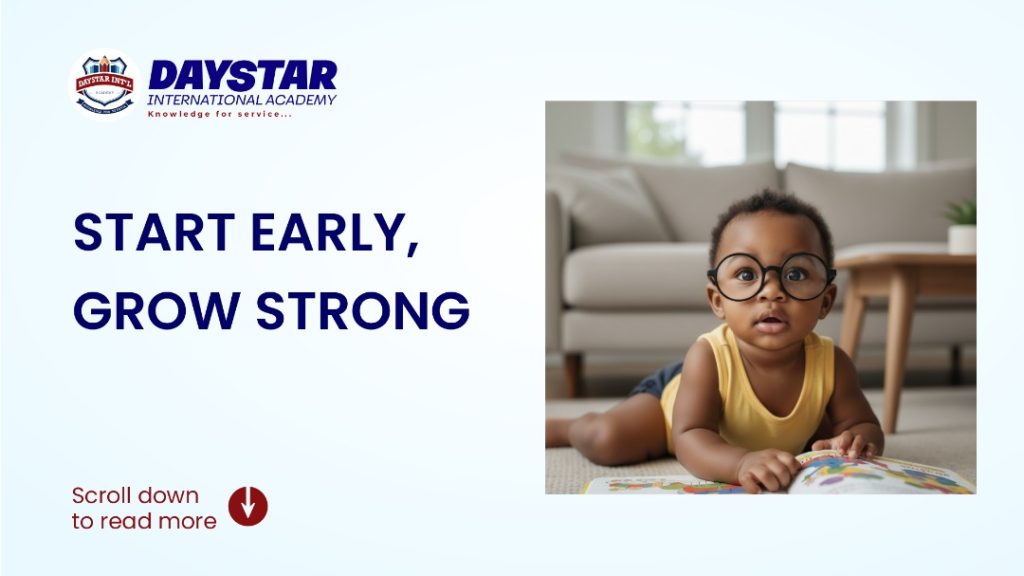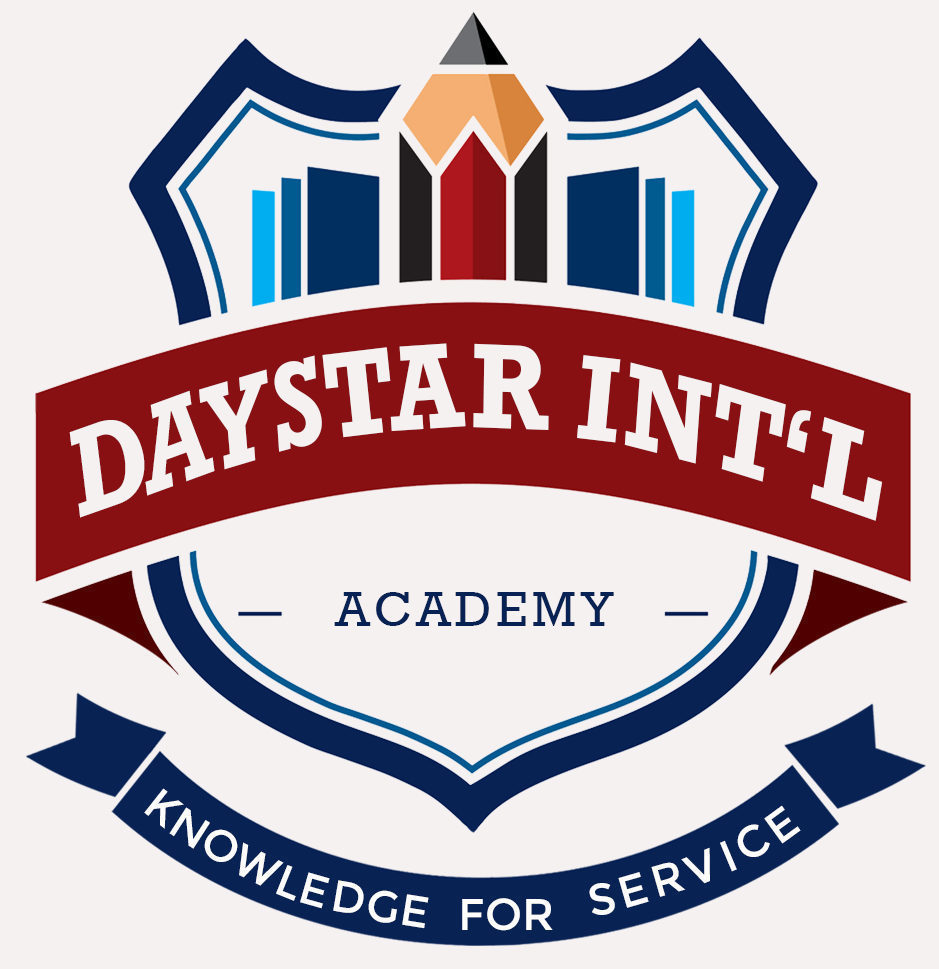
If you’ve ever watched a toddler stack blocks, hum a tune, or ask “why?” for the hundredth time, you’ve witnessed something extraordinary, the brain’s natural drive to learn.
Children are born curious. From the moment they open their eyes to the world, they begin observing, experimenting, and making connections. That’s why the earliest years long before formal schooling are not just about play; they’re about laying the groundwork for lifelong learning.
THE SCIENCE BEHIND EARLY LEARNING
During the first five years of life, a child’s brain develops more rapidly than at any other time. Research shows that over one million neural connections form every second in these early years. These connections shape everything from language and memory to social and emotional understanding.
When parents and caregivers provide a rich learning environment full of conversation, stories, exploration, and encouragement, those connections grow stronger. The result? Children who are not only ready for school but ready for life.
LEARNING THROUGH PLAY: THE NATURAL CLASSROOM
For young children, play is learning. Whether they’re building with blocks, sorting shapes, or pretending to cook dinner, they’re developing vital skills such as:
Problem-solving: figuring out how things fit or balance
Language development: describing what they see and do
Creativity: using imagination to explore possibilities
Social awareness: learning to share and cooperate
These early playful moments form the foundation for academic success later on. Every song, story, and question, adds to a child’s growing world of understanding.
THE LIFELONG IMPACT OF STARTING EARLY
Children who begin learning early tend to approach challenges with confidence. They learn that effort leads to improvement and that mistakes aren’t failures, but opportunities to try again.
Something as simple as praising effort (“You tried really hard on that puzzle!”) helps children develop what educators call a growth mindset, the belief that they can learn anything with time and practice.
This mindset becomes a quiet but powerful strength as they move into formal education and beyond.
When children receive strong early learning experiences, the benefits ripple far into the future. Studies link early education to:
Better language and literacy skills
Improved attention and memory
Stronger emotional regulation
Greater curiosity and motivation to learn
In short, starting early gives children a head start — not in competition, but in confidence, curiosity, and connection with the world around them.
💡 FINAL THOUGHT
Starting early doesn’t mean overwhelming your child with lessons or schedules. It simply means paying attention to the moments that matter most, the questions, the laughter, the wonder.
Because in those small moments, learning has already begun. And with the right support, your child can grow into a confident learner for life.

